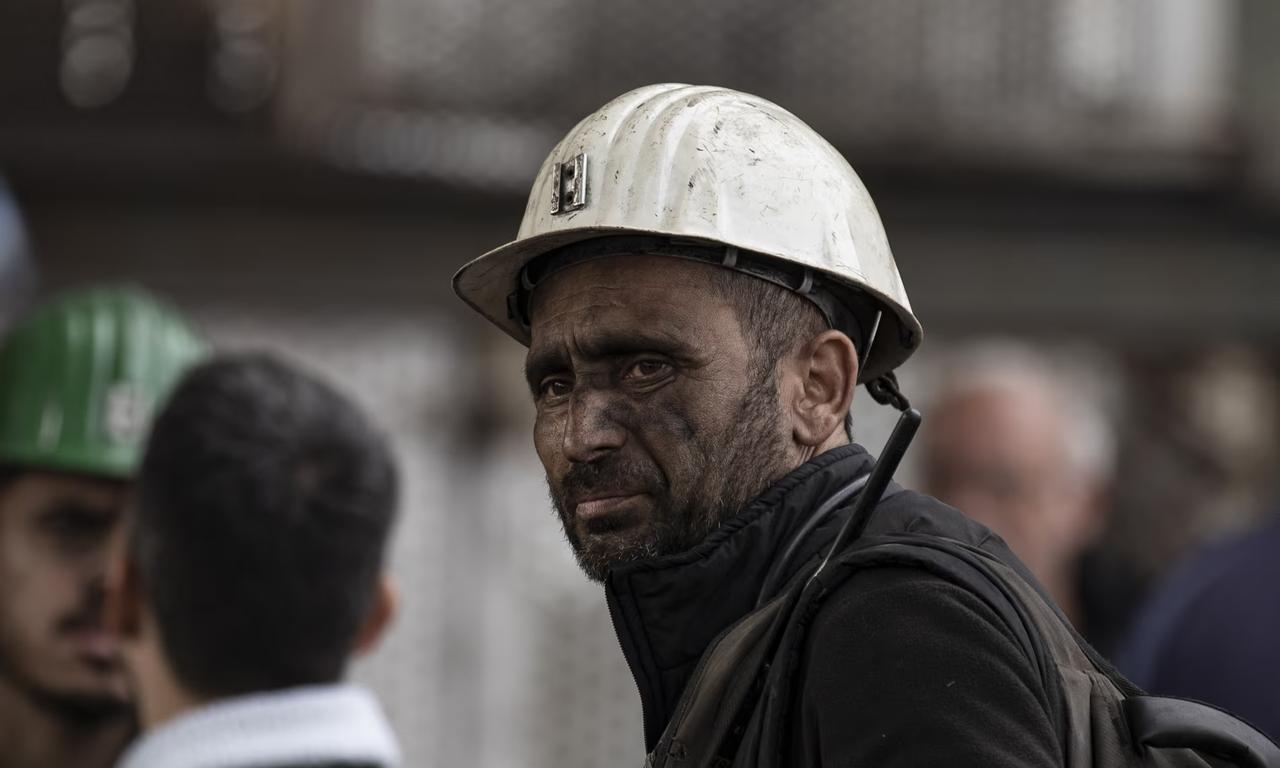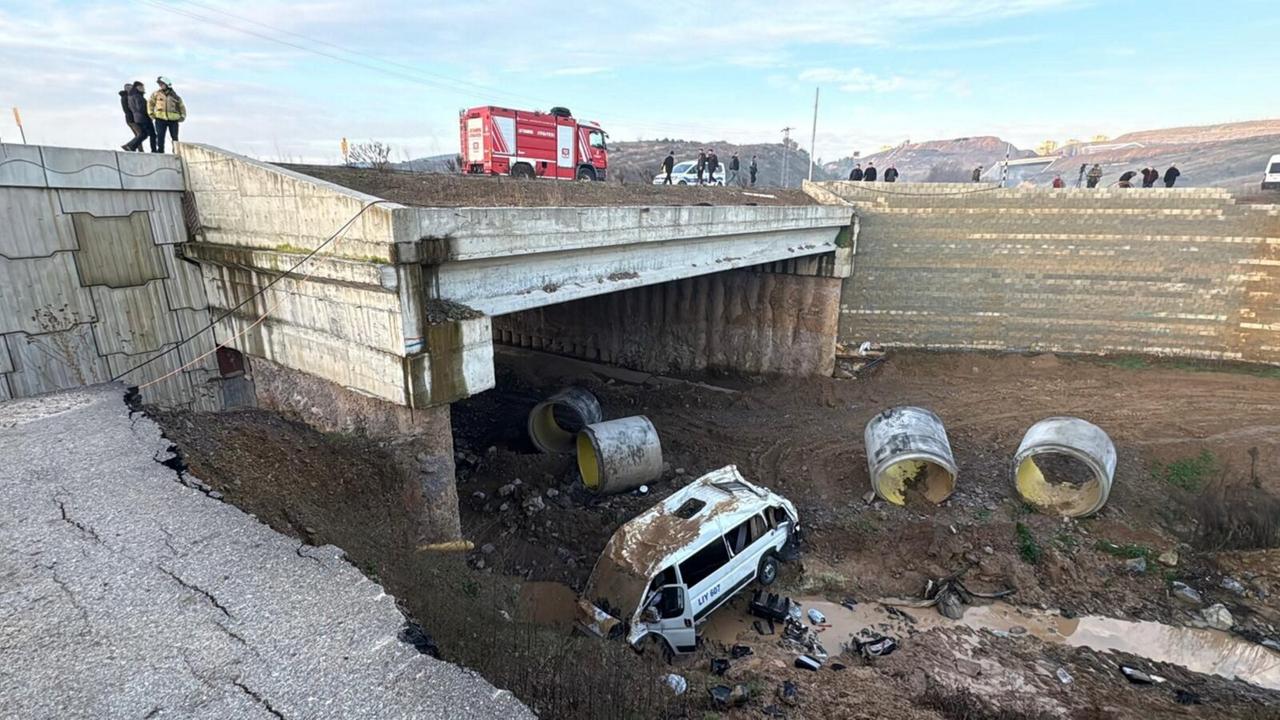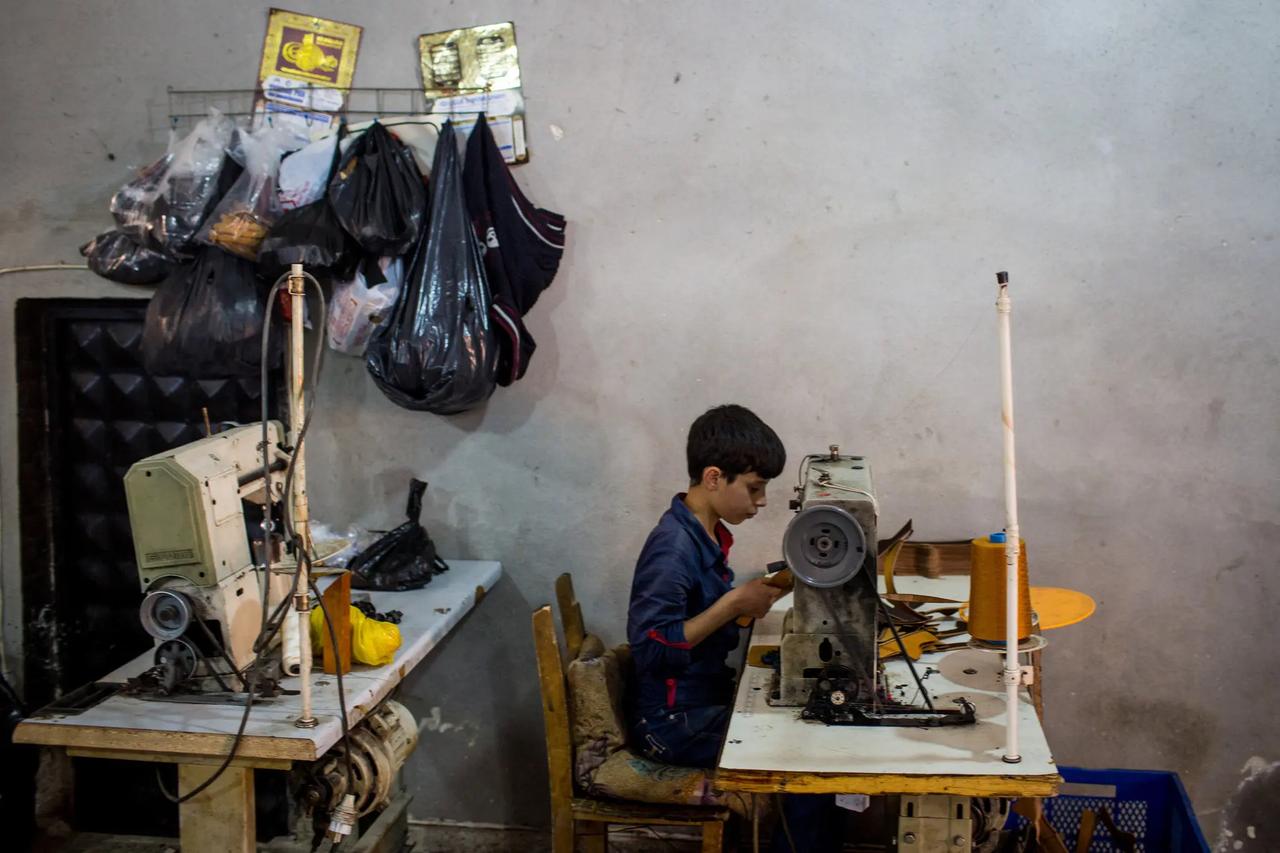
At least 177 workers lost their lives in workplace accidents across Türkiye in May 2025, according to a report by the Health and Safety Labour Watch Council (ISIG). The total number of worker fatalities in the first five months of 2025 has now reached 796.
The report draws 60% of its data from national media sources and the remaining 40% from colleagues, families, safety experts, union officials, and local press.
Workplace deaths in May were concentrated in the construction (38 fatalities), agriculture and forestry (35), transportation (20), and trade, education, and entertainment sectors (15). Overall, the industrial sector accounted for 54 deaths, the service sector for 50, with the remainder in construction and agriculture.
As summer begins, fatal accidents surged in Türkiye's construction sites, transport hubs, factories (metal, textile, food), mining zones, energy plants, and urban service sectors.

Traffic accidents—particularly among transport and agricultural workers—were the leading cause of death, followed by crushing incidents, structural collapses, and health-related events such as heart attacks and strokes, often linked to job insecurity. Falls from heights, especially in construction, ranked fourth.
Other causes included physical violence, suicides, explosions, electrocution, and toxic exposure.
Among the deaths in May were:
Six child workers died in May—three in agriculture, two in metal, and one in textiles. Twelve women lost their lives in sectors including farming, education, metal, health care and municipal services.
Seven migrant workers also perished: five from Syria, one from Azerbaijan, and one from Iran. These individuals were employed in agriculture, mining, textiles, construction, commerce, and transport.
Only eight of 177 workers (about 4.5%) were union members, highlighting the vulnerability of the largely unorganised workforce. Unionised victims were found in public services, mining, office work, metal, transport, health care and security.

Workplace fatalities were reported in 54 provinces and one foreign country, including:
Other cities recorded between one and four deaths. One worker died abroad in Serbia while employed by a Türkiye-based company.

Victims included: